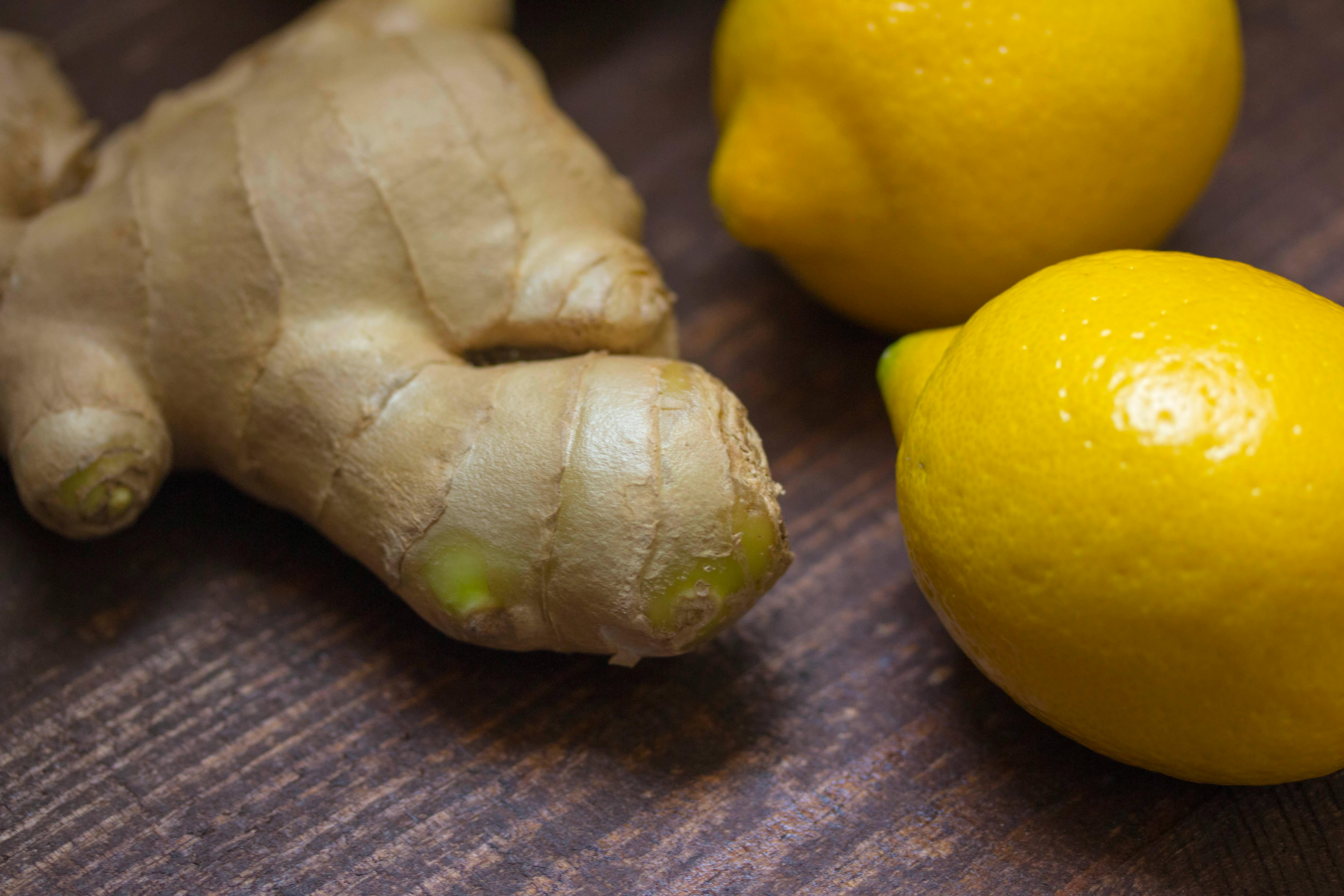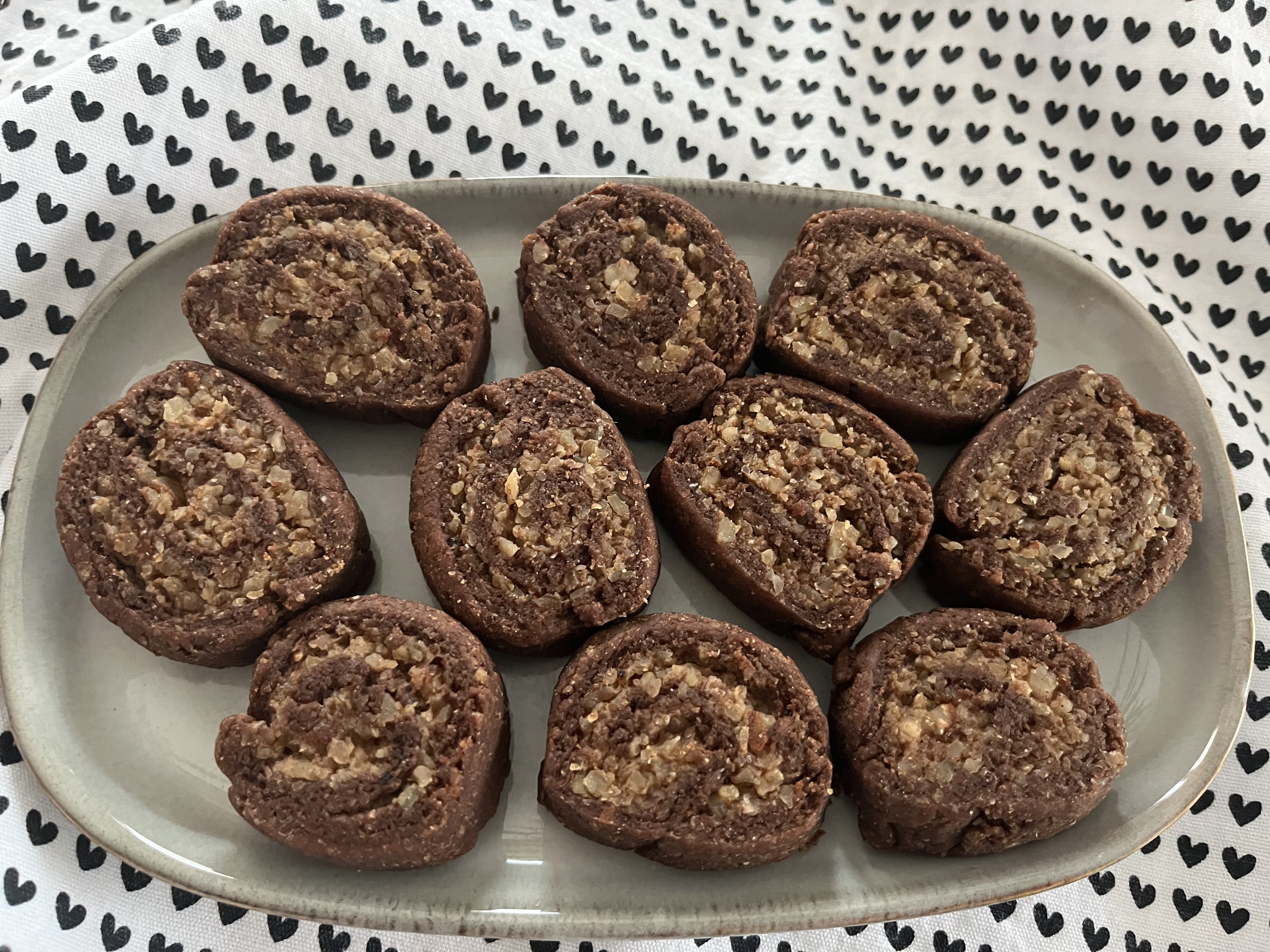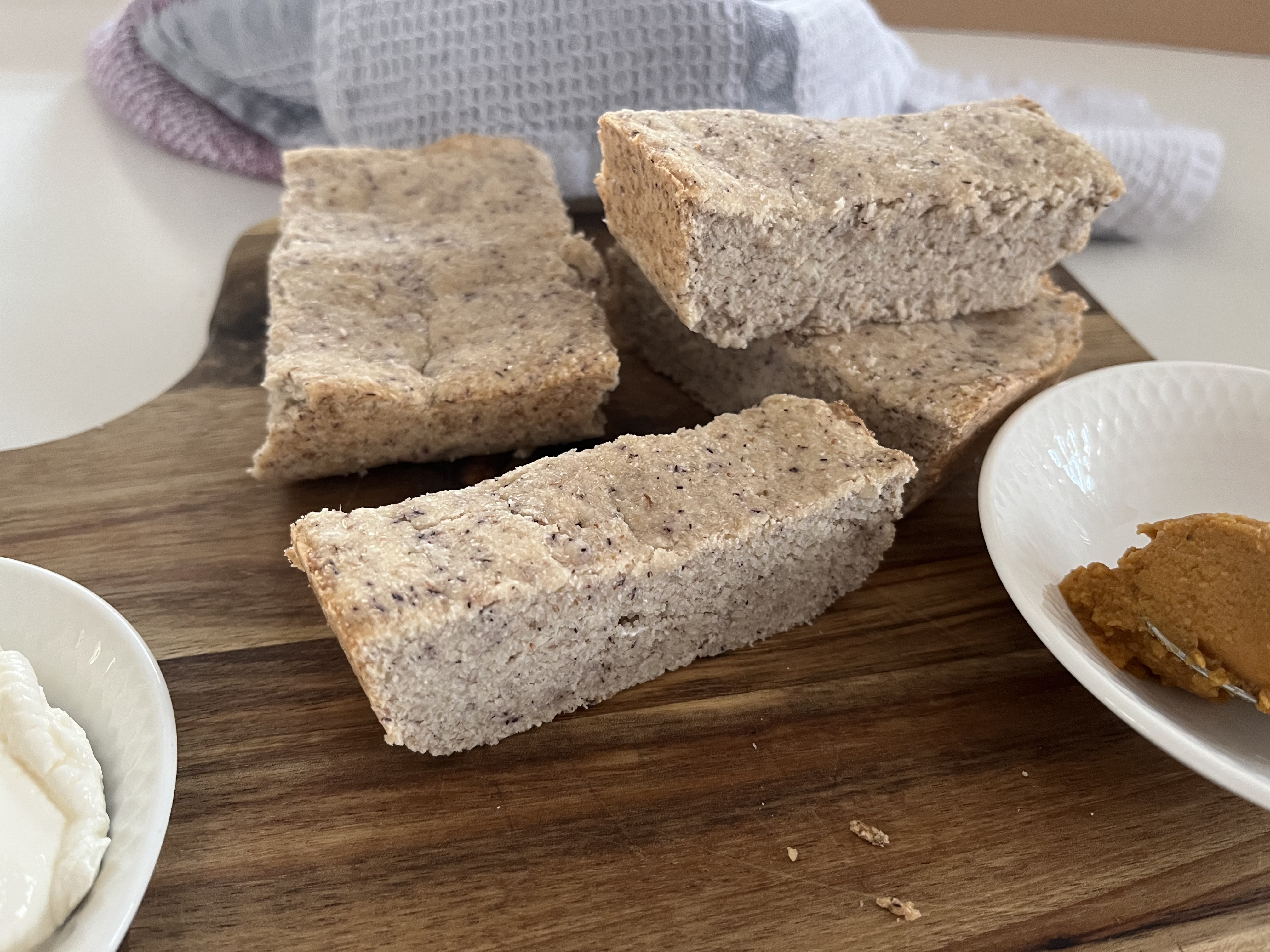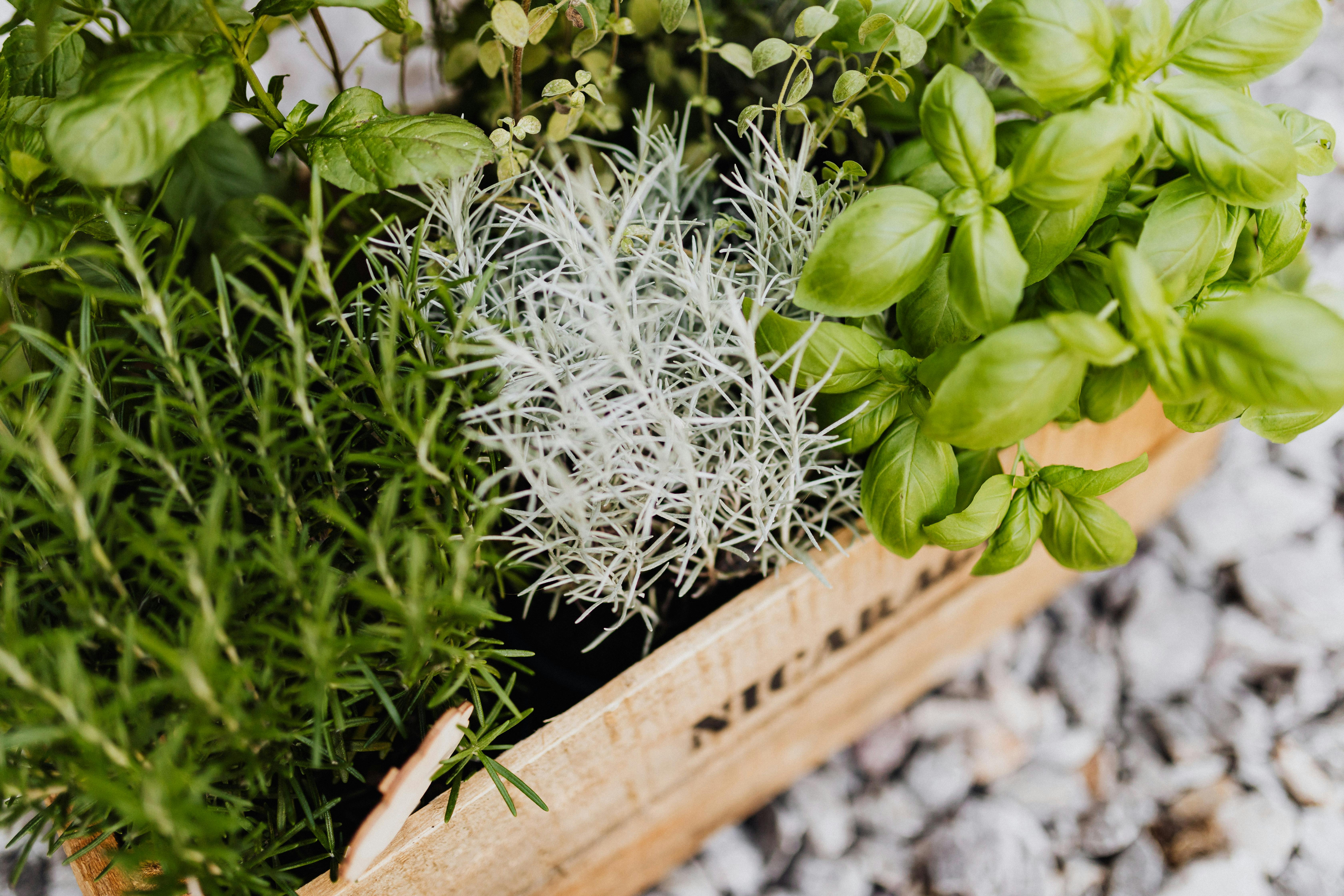 |
Nature’s Dessert Cookbook: Healthy, Delicious & Naturally Sweet Recipes Don’t want or can’t tolerate sugar alcohols and artificial sweeteners? This cookbook is for you! Every dessert is naturally sweetened with whole ingredients rich in fiber and protein, slowing sugar absorption and making them diabetic-friendly. It gathers your favorite recipes from the website—plus brand-new ones—all in one convenient place. Indulge in truly natural treats without compromise! |
 |
Diabetic Baked Goods: Everyday Bakes for Every Meal Diabetic cookbook designed to make healthy baking simple, accessible, and enjoyable. This collection of low-carb, high-fiber, and protein-rich recipes provides a reliable solution for those looking to enjoy diabetic bread and baked goods without blood sugar spikes. Every recipe includes a video tutorial, making it even easier to follow along and bake with confidence! |
 |
What Makes This Cookbook Different?
|
Ginger and Diabetes: Examining the Facts and Claims
“Ginger and diabetes” and similar phrases are increasingly mentioned as interest grows in managing diabetes through natural methods. Ginger, one of the world's most cherished spices, is valued not only for its unique flavor but also for its reputed health benefits. Many individuals are turning to ginger for its potential to help maintain stable blood sugar levels.

Some studies suggest that the active compounds in ginger may positively impact glucose metabolism, potentially leading to more stable blood sugar levels.
The benefits of ginger for those managing diabetes may extend beyond blood sugar control. Ginger has been credited with reducing inflammation, improving digestive health, and alleviating nausea, which can sometimes accompany diabetes.1 These additional benefits highlight a more holistic approach to incorporating ginger into a balanced diet.
Understanding the Research: Current Findings on Ginger and Diabetes
To explore the question, "Is ginger beneficial for diabetics?" it's important to examine current scientific research. While there is hopeful sentiment surrounding ginger’s effects, the reality is somewhat mixed. Preliminary studies indicate that ginger may improve insulin sensitivity and lower fasting blood glucose levels.
However, these studies often vary in their findings based on different amounts and durations of ginger consumption.2 As a result, individual study outcomes can differ significantly. While some findings provide an optimistic outlook, particularly for those seeking supportive dietary changes, the research landscape is broad, and not every study reaches the same encouraging conclusions. Meta-analyses, which compile and analyze data from multiple studies, sometimes reveal conflicting evidence, suggesting that ginger’s impact on diabetes is not consistently significant.3
The Role of Ginger in Blood Sugar Regulation
It's crucial, especially for caregivers of diabetic children, to interpret these findings with a balanced perspective. Some experts caution against relying solely on ginger or any single herbal remedy for managing diabetes.
When examining the links between ginger and diabetes, we must recognize that the complexity of diabetes requires a comprehensive treatment plan that ginger alone cannot provide. This perspective emphasizes viewing ginger as an adjunct rather than a substitute for prescribed treatments.
Despite its potential advantages, it's essential to consult a healthcare provider before making significant dietary modifications, including increased ginger consumption. Healthcare professionals can offer individualized advice, which is crucial for establishing an effective integration of ginger into a diabetes management plan tailored to specific needs, particularly if you are taking medications. Some medications can interact negatively with ginger, so prioritizing safety is paramount.
While there is promise in ginger, achieving comprehensive diabetes control involves various lifestyle factors, such as regular exercise, monitoring carbohydrate intake, and maintaining a balanced diet. Ginger can be a valuable addition to these broader lifestyle frameworks, contributing its benefits to an already structured approach.
Incorporating Ginger into a Balanced Diet for Diabetes
In practical terms, incorporating ginger into daily meals is simple and enjoyable. Fresh ginger can be grated and added to dishes or steeped in hot water to make a soothing tea.
Especially in winter, I create a spread with avocado, honey, lemon, garlic, and, of course, ginger. We enjoy it for breakfast on a slice of homemade bread, and it has proven to be excellent for boosting and maintaining immunity.
I frequently use various aromatic spices in my baked goods, regularly adding ginger, even though it isn't as sweet as cinnamon. I love how the entire kitchen smells while baking, and the taste and aroma of the treats are delightful. Spices indeed have a way of warming the heart and adding extra comfort to the home.
For those curious about trying ginger, starting with small, regular amounts may be wise. Observing the body's response while diligently following other diabetes management practices offers a cautious yet optimistic approach. This method respects the balance between embracing nature's gifts and adhering to established medical guidelines.

Remaining informed about new research is also vital. Science is ever-evolving, and as more high-quality studies emerge, our understanding of how ginger interacts with diabetes will likely become clearer. Staying updated on these developments provides a realistic and forward-thinking approach to health and wellness.
Reflecting on current research, while ginger may not be a magical solution, its potential benefits should not be dismissed outright. These possibilities encourage individuals to explore dietary changes with realistic expectations, supported by ongoing discussions with healthcare providers.
The holistic view of diabetes management, complemented by responsible dietary supplements like ginger, underscores the importance of synergy between natural elements and scientific advancements. It’s about finding the right balance that aligns with personal health goals and medical advice.
As we consider ginger's place in the broader landscape of health and diabetes management, its role is promising yet requires cautious optimism. This beloved spice, with its warm and inviting nature, continues to be a topic of interest for its potential in a balanced diet. Through ongoing research and personal guidance, ginger holds potential as a supportive ally in effectively and safely managing diabetes.







